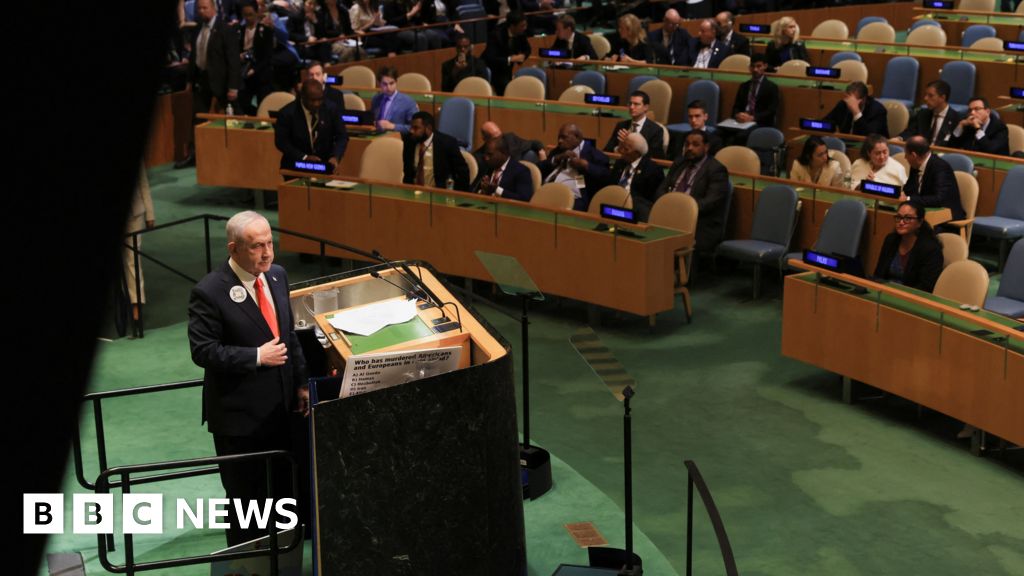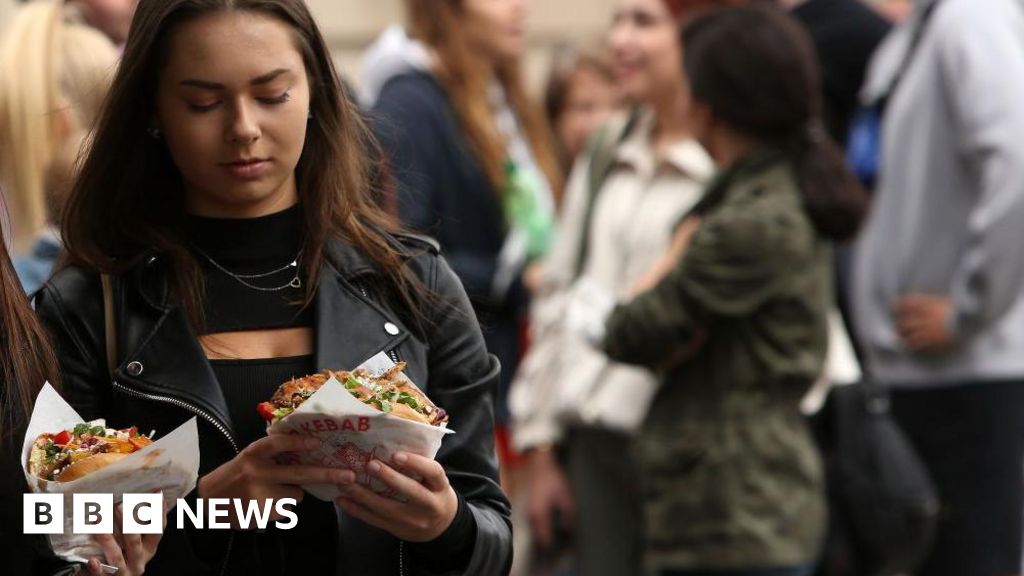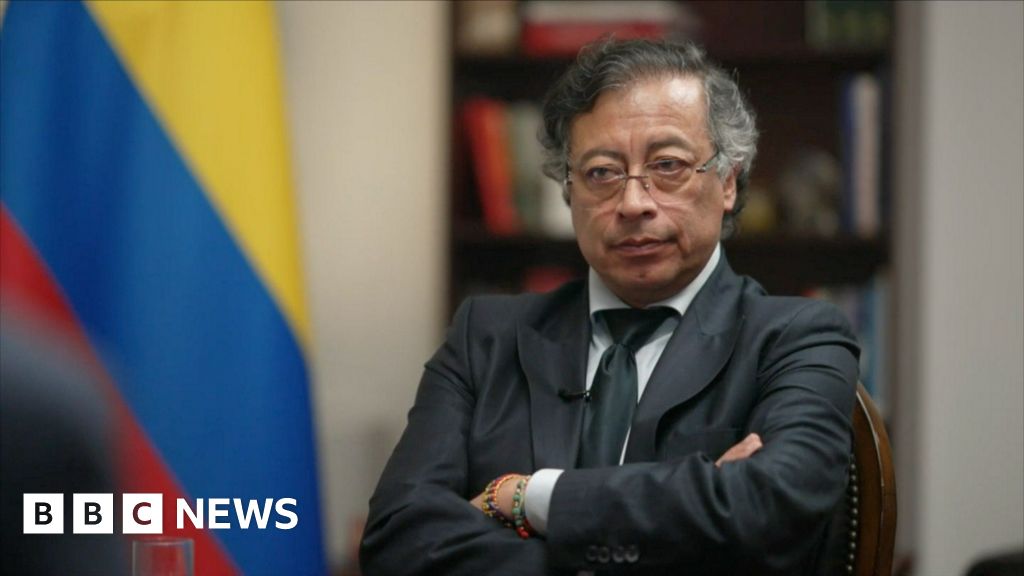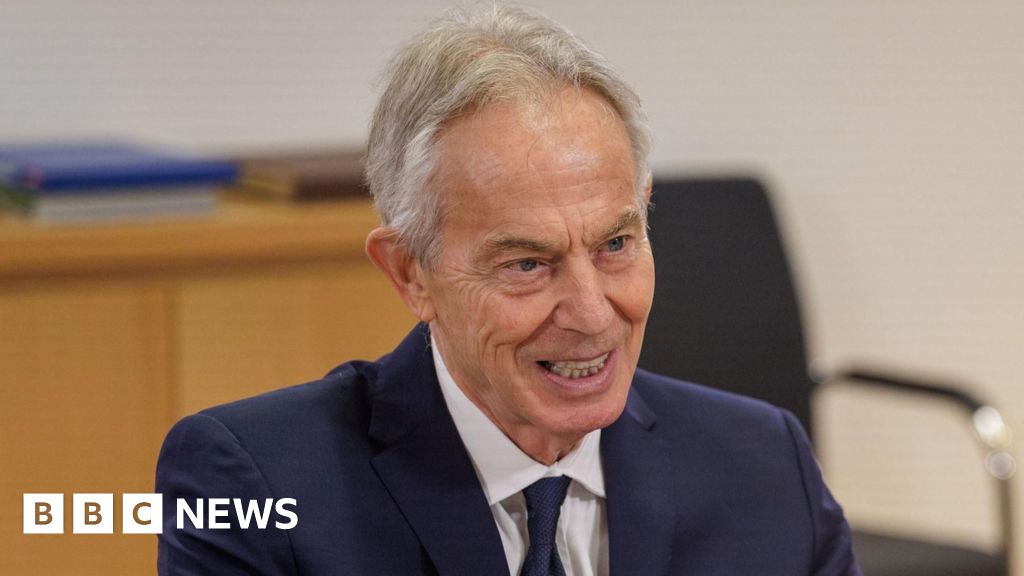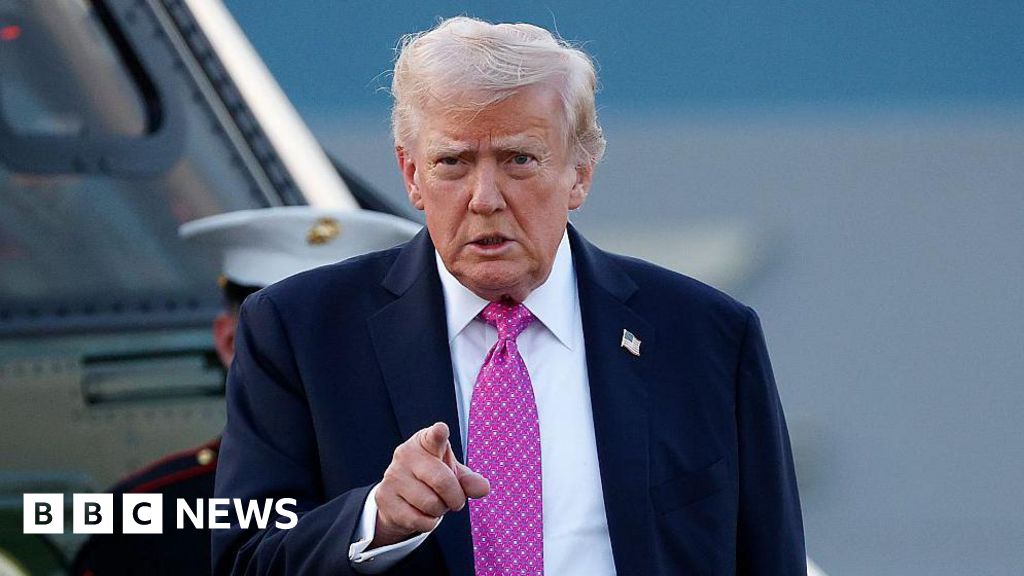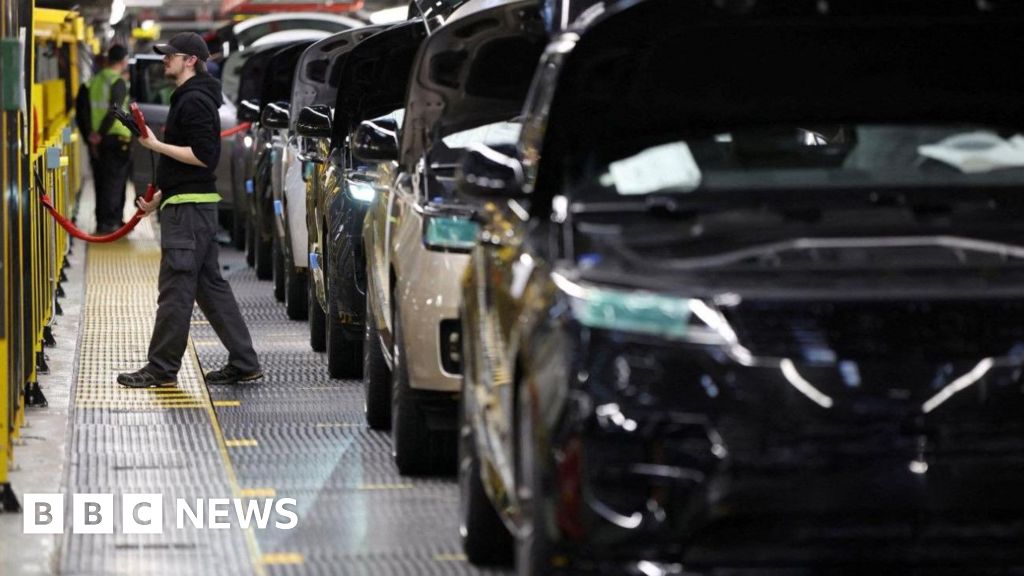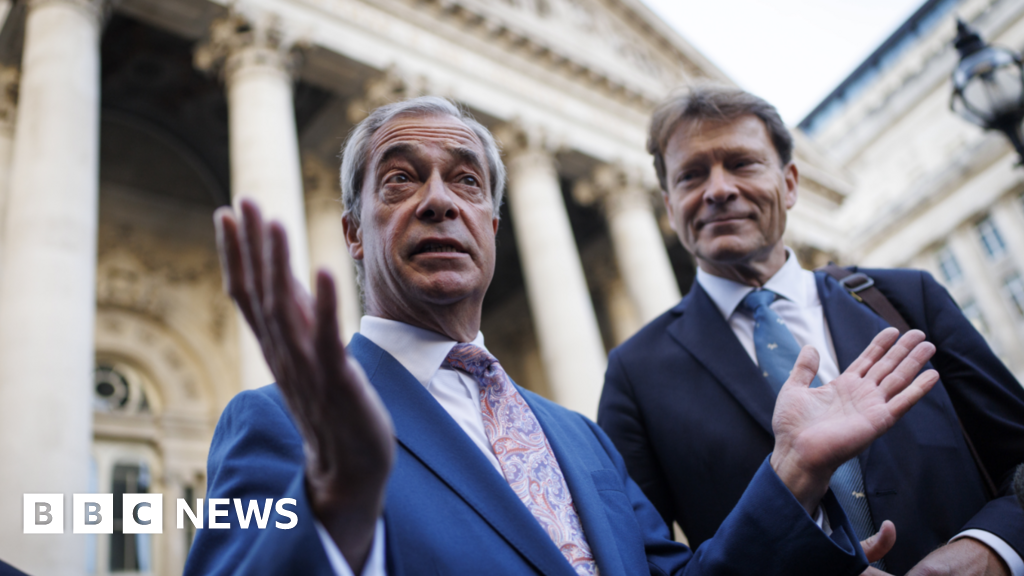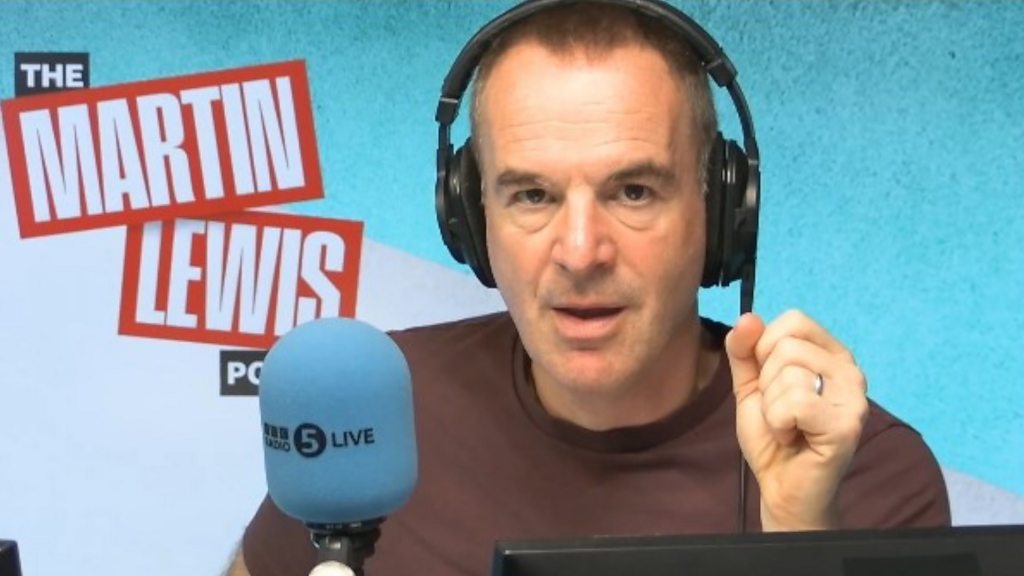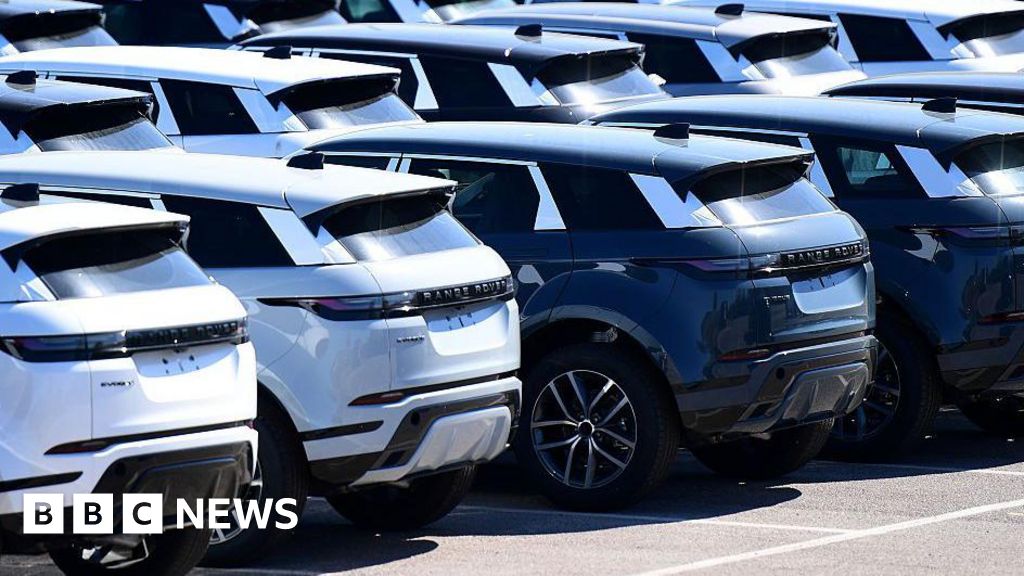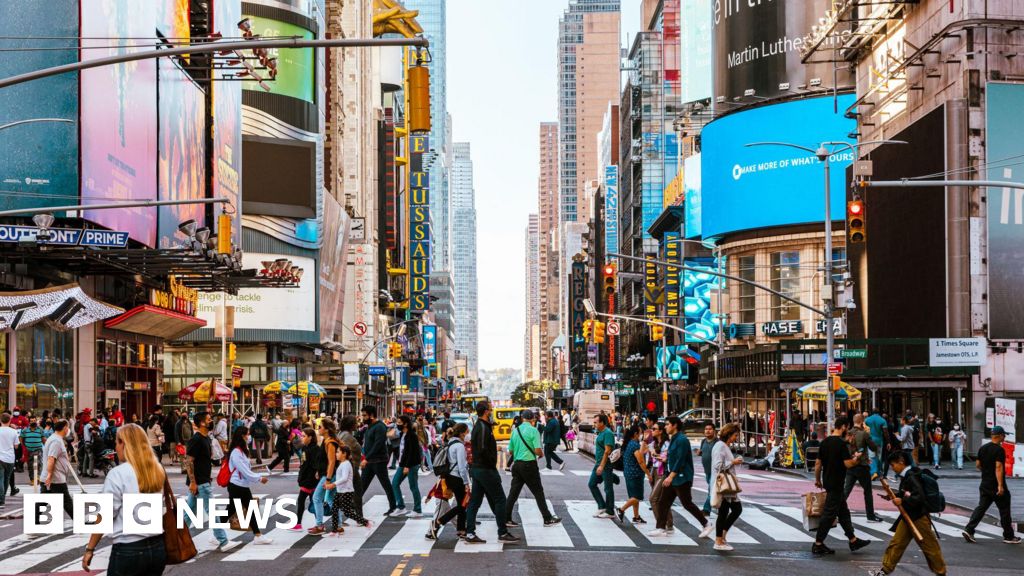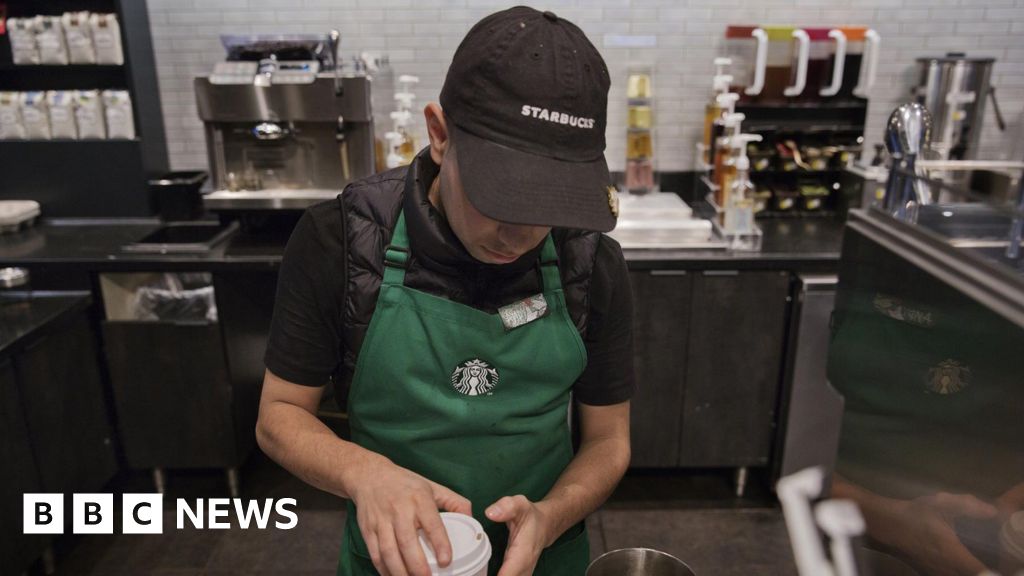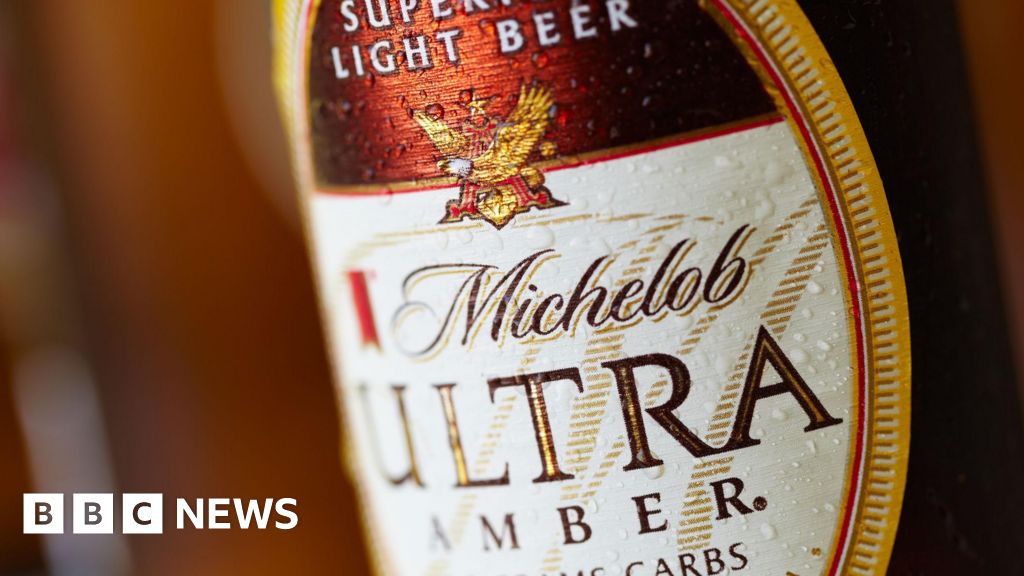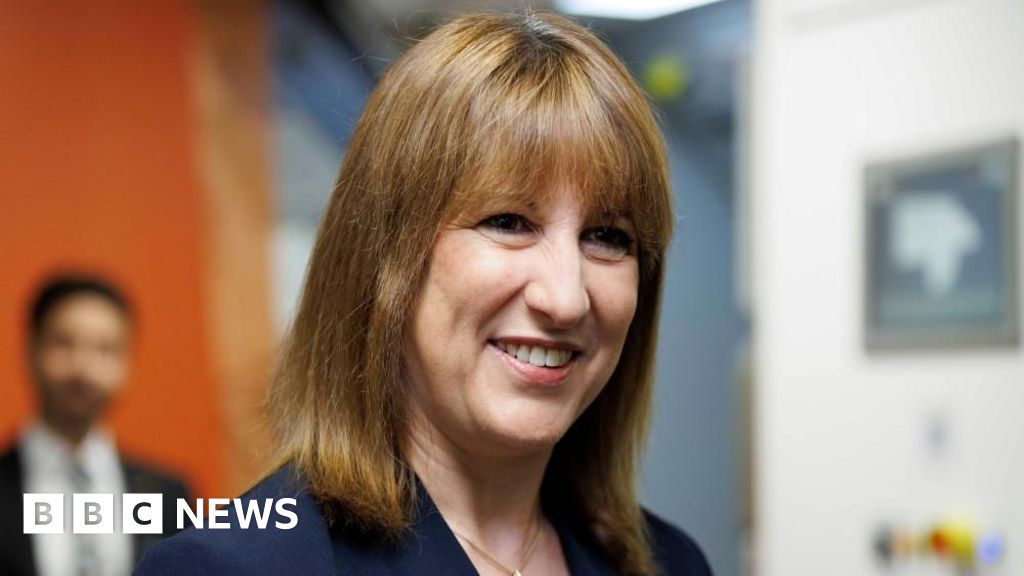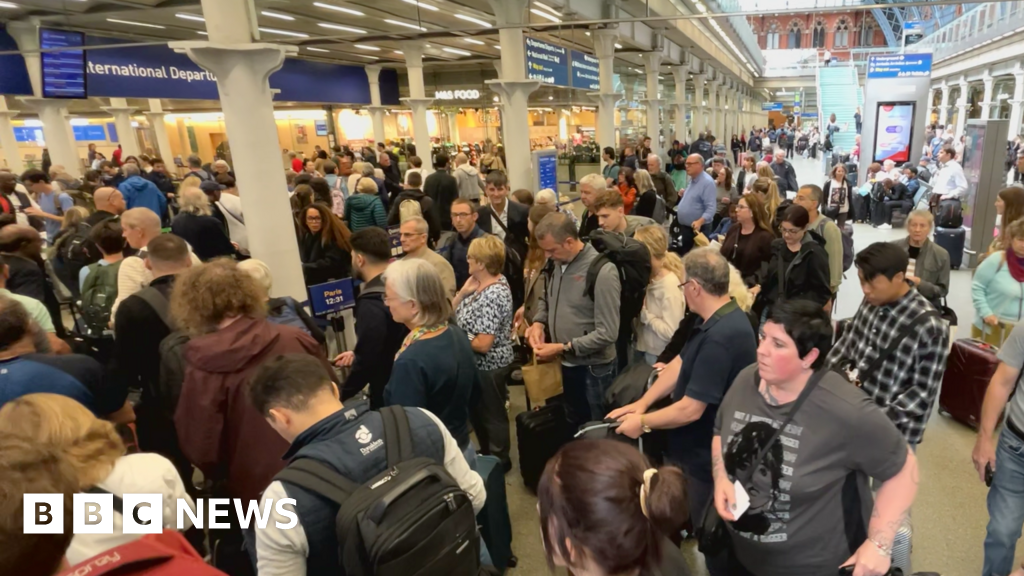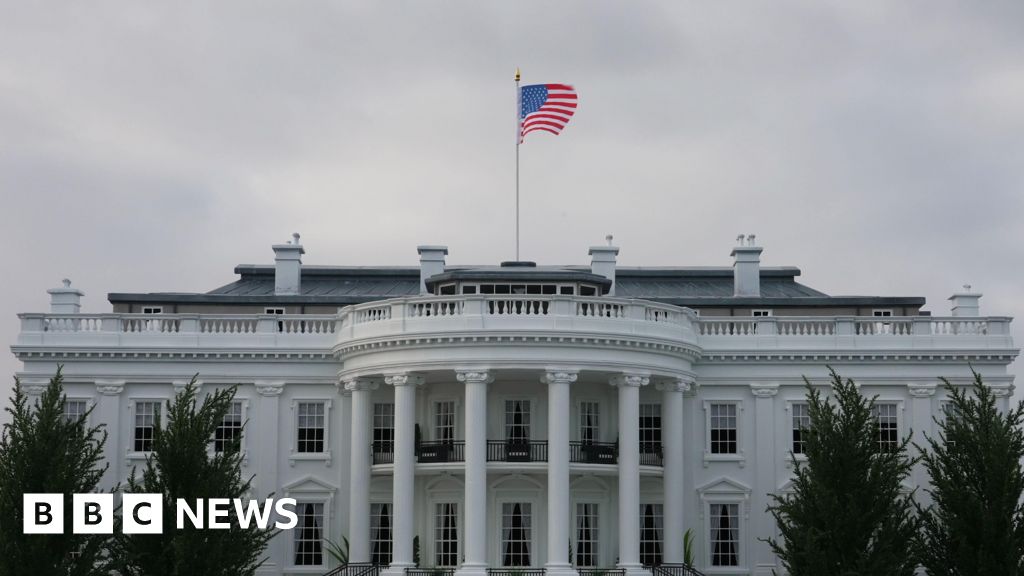Osmond Chia and
Charlotte Edwardsbusiness reporters
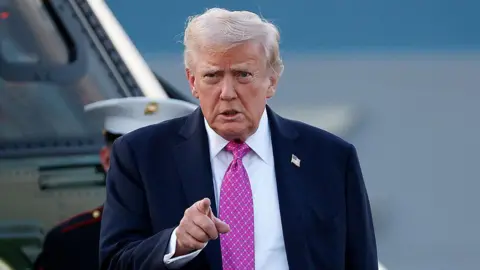 Getty Images
Getty ImagesUS President Donald Trump has announced a new wave of tariffs, including a 100% levy on branded or patented drug imports from 1 October unless a company is building a factory in the US.
Washington will also impose a 25% import tax on all heavy-duty trucks and 50% levies on kitchen and bathroom cabinets, the president said as he unveiled the industry-focused measures.
“The reason for this is the large scale ‘FLOODING’ of these products into the United States by other outside Countries,” Trump wrote on his Truth Social platform on Thursday, citing the need to protect US manufacturers.
The announcements come despite calls from US businesses for the White House to not impose further tariffs.
However, Neil Shearing, chief economist at Capital Economics, said the tariff announcement on pharmaceuticals was “not quite as big a move as it appears at first sight”.
This was due to the exemptions available to generic drugs and to those firms building factories in the US.
“Many of the world’s largest pharmaceutical companies either already have some production in the US or have announced plans to build production in the near future,” he said.
The European Federation of Pharmaceutical Industries and Associations has called for “urgent discussions” to make sure Trump’s plans for new tariffs do not cause any harm to patients in the EU or the US.
The UK exported more than $6bn (£4.5bn) worth of pharmaceutical products to the US last year, according to the United Nations.
In the trade agreement signed by the US and UK in June the two countries said they intended to negotiate “significantly preferential treatment outcomes on pharmaceuticals”.
In response to Trump’s latest announcement, a UK government spokesperson said: “We know this will be concerning for industry, which is why we’ve been actively engaging with the US and will continue to do so over the coming days.”
Among the UK’s biggest pharmaceutical companies, GlaxoSmithKline already has US manufacturing plants and last week pledged to invest $30bn (£22bn) in research and manufacturing in the US over the next five years.
AstraZeneca also has plants in the US and in July said it planned to invest $50bn in the country by 2030.
William Bain, head of trade policy at the British Chambers of Commerce, said: “The UK’s leading pharmaceutical companies have committed to significant investment in the US, including in advanced manufacturing. We believe this should give them protection from any new duties.”
In the past couple of weeks, several pharmaceutical companies have pulled investment from the UK, citing a poor environment for the sector.
But Jane Sydenham, investment director at Rathbones, said the need to focus on the US was a key factor in these decisions.
“I think there’s been this ongoing narrative that the UK can’t attract investment and we’re a low growth economy,” she told the BBC’s Today programme.
“But the reality in this particular sector is that it is really more about Donald Trump’s agenda and the uncertainty that’s creating for these companies and where they might need to invest to handle the tariff proposals.”
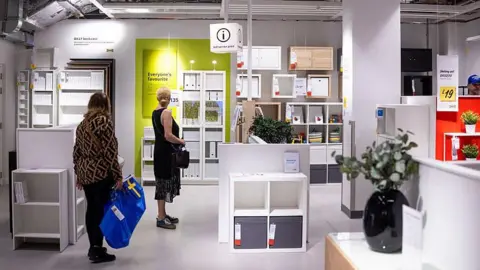 Bloomberg via Getty Images
Bloomberg via Getty ImagesThe tariffs on heavy trucks would protect US manufacturers from “unfair outside competition” and the duties would help lift American companies such as Peterbilt and Mack Trucks, Trump said.
The new levies on kitchen and bathroom cabinets, as well as some other furniture, were in response to high levels of imports, which hurt local manufacturers, the president said.
He added that the US would start charging a 30% tariff on upholstered furniture from next week.
Swedish furniture giant Ikea said the tariffs on furniture imports make doing business “more difficult”.
“The tariffs are impacting our business similarly to other companies, and we are closely monitoring the evolving situation.”
Trump’s tariff policies have been a key feature of his second term in the White House.
His sweeping tariffs on more than 90 countries came into effect in early August, as part of his policies aimed at boosting jobs and manufacturing in the US, among other political goals.
Trump had previously imposed sector-specific tariffs on steel, copper, aluminium, cars and vehicle components.
Earlier this year, the US Chamber of Commerce urged the White House to not introduce new tariffs, arguing that many parts used in truck production are sourced “overwhelmingly” from countries like Mexico, Canada, Germany, Finland and Japan.
Mexico and Canada are among the biggest suppliers of parts for medium and heavy-duty trucks, accounting for more than half of total US imports in the sector last year, said the chamber.
It warned that it was “impractical” to expect many of these parts to be sourced domestically, resulting in higher costs for the industry.
The new tariffs favour domestic producers but are “terrible” for consumers as prices are likely to rise, said trade expert Deborah Elms from research firm Hinrich Foundation.
The levies would cover more products at higher rates than Trump’s reciprocal tariffs, which were aimed at correcting trade imbalances with other countries.
These industry-specific import taxes could serve as a back-up plan to secure revenues as Trump’s sweeping duties on global trading partners are being challenged in court, said Ms Elms.


